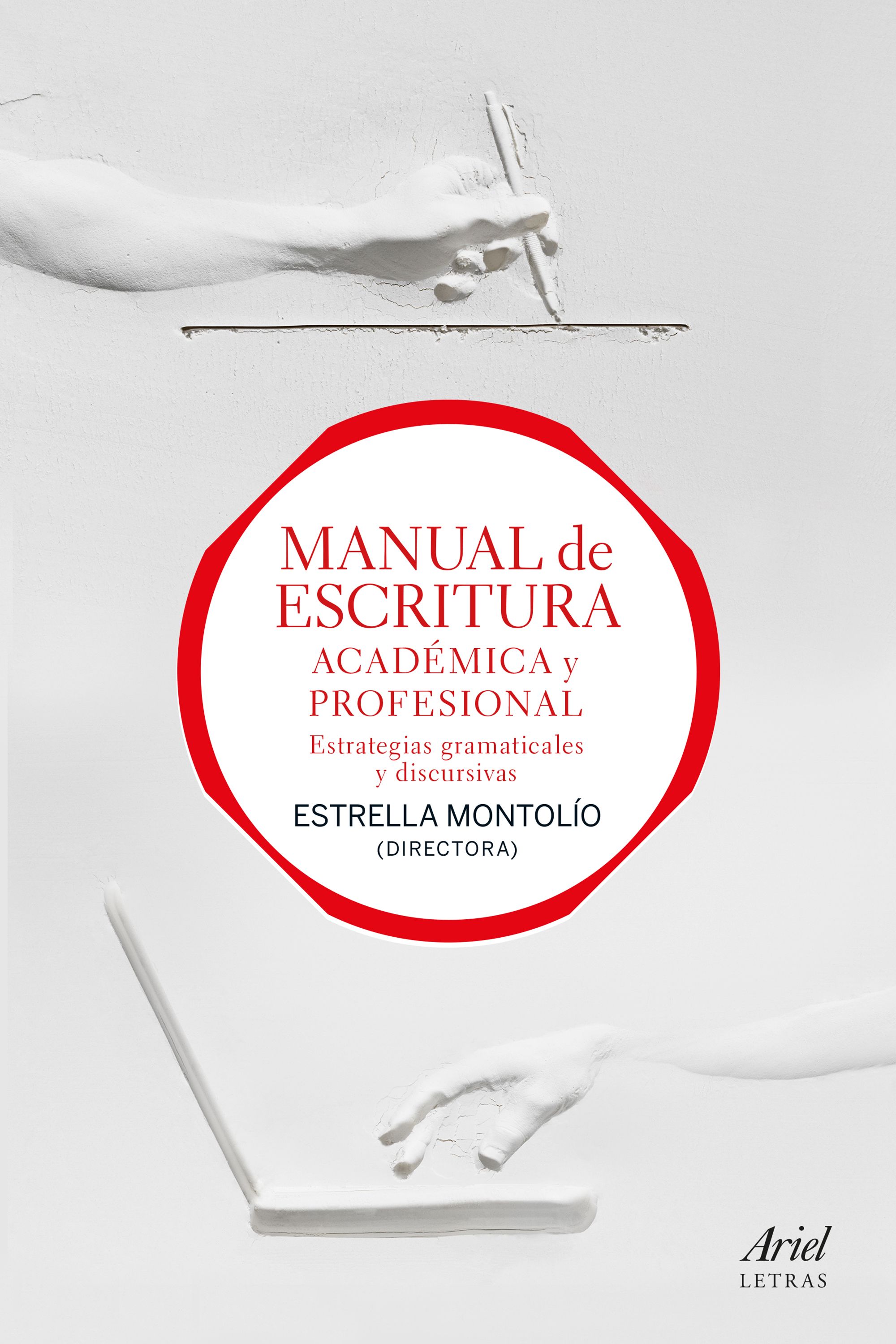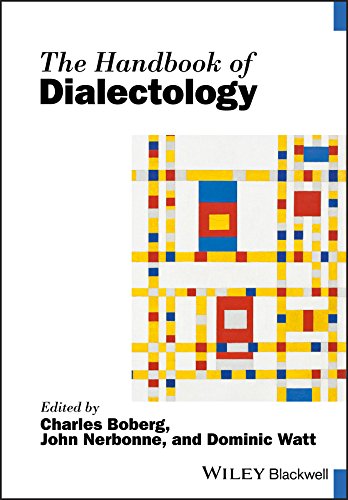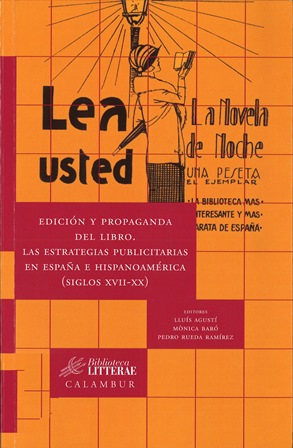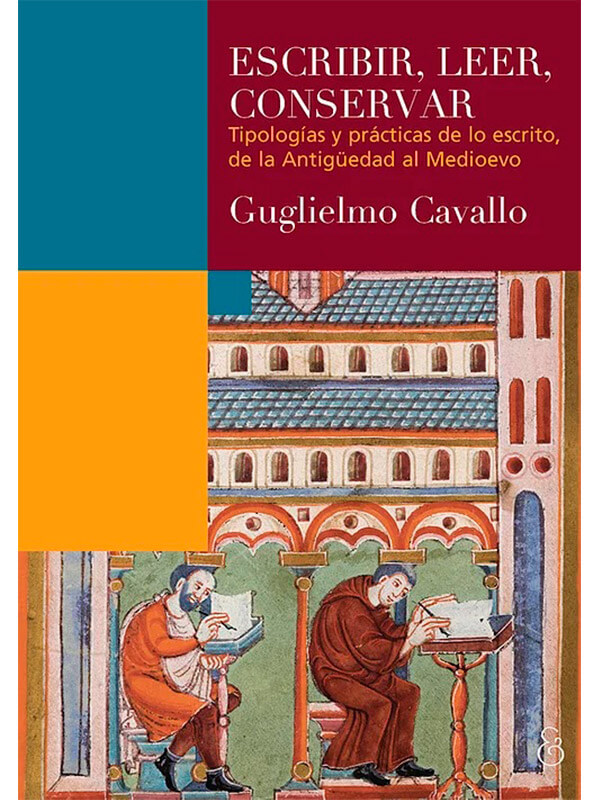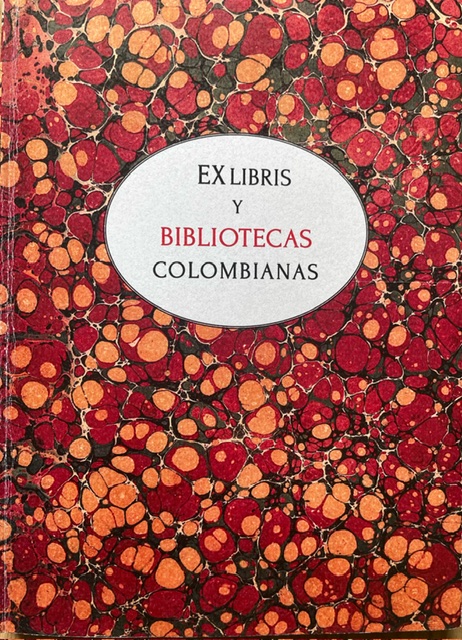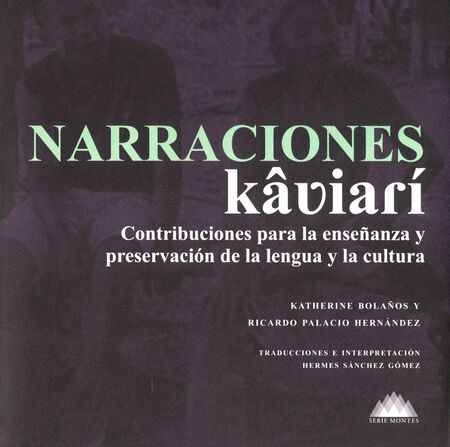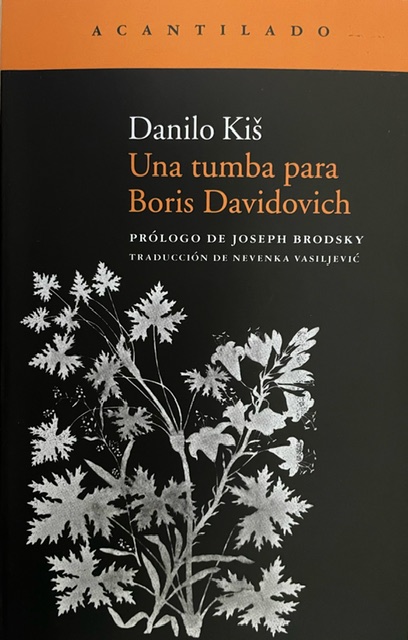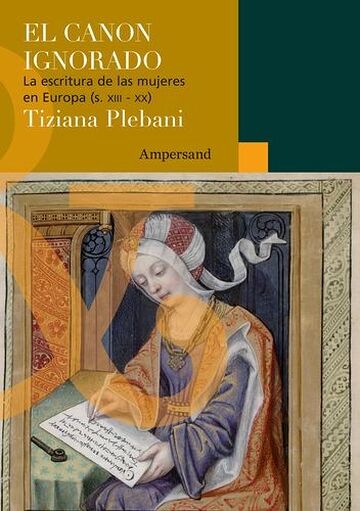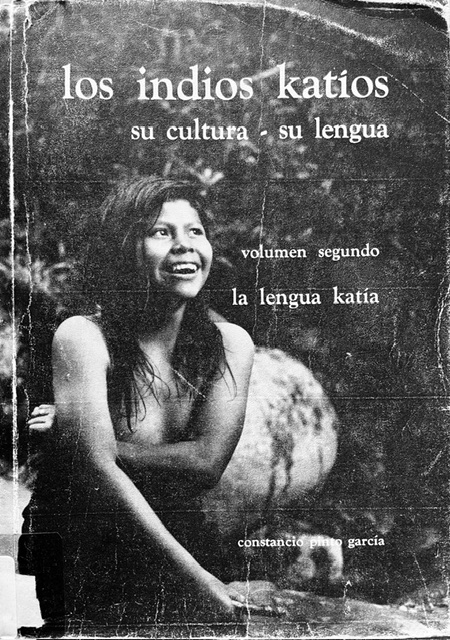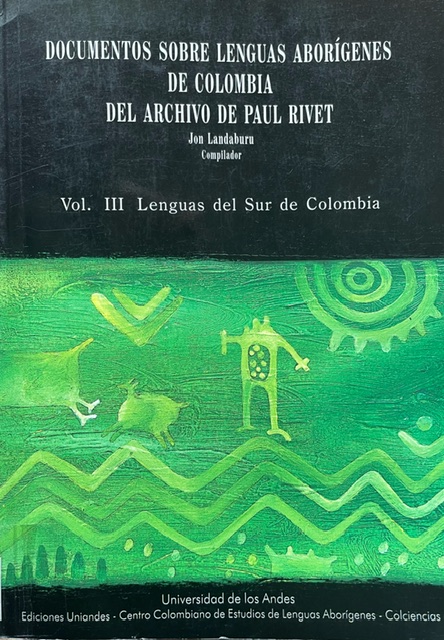How to teach vocabulary / Scott Thornbury
Tipo de material: TextoIdioma: Inglés Editor: Essex, Reino Unido : Pearson, 2002Descripción: vi, 185 páginas ; 25 cmISBN: 9780582429666Tema(s): Inglés -- Vocabulario -- Enseñanza | Inglés -- Palabras y frases -- EnseñanzaClasificación CDD: 428.2
TextoIdioma: Inglés Editor: Essex, Reino Unido : Pearson, 2002Descripción: vi, 185 páginas ; 25 cmISBN: 9780582429666Tema(s): Inglés -- Vocabulario -- Enseñanza | Inglés -- Palabras y frases -- EnseñanzaClasificación CDD: 428.2 | Tipo de ítem | Ubicación actual | Colección | Signatura | Copia número | Estado | Notas | Fecha de vencimiento | Código de barras |
|---|---|---|---|---|---|---|---|---|
| Reserva | Sede Yerbabuena | Colección Reserva | 428.2 T497 | ej. 1 | Disponible | tmt10 | 500080141 |
Incluye bibliografía e índice.
What's in a word?. -- Introduction. -- Identifying words. -- Word classes. -- Word families. -- Word formation. -- Multi-word units. -- Collocations. -- Homonyms. -- Polysemes. -- Synonyms and antonyms. -- Hyponyms. -- Lexical fields. -- Style and connotation. -- How words are learned. -- How important is vocabulary?. -- What does it mean to 'know a word'?. -- How is our word knowledge organised?. -- How is vocabulary learner?. -- How many words does a learner need to know?. -- How are words remembered?. -- Why do we forget words?. -- What makes a word diffucult?. -- What kind of mistakes do learners make?. -- What are the implications for teaching?. -- Classroom sources of word. -- List. -- Coursebooks. -- Vocabulary books. -- The teacher. -- Other students. -- Texts, dictionaries and corpora. -- Short texts. -- Book and readers. -- Dictionaries. -- Corpus data. -- How to prensent vocabulary. -- presenting vocabulary. -- Using translation. -- How to ilustrate meaning. -- How to explain meaning. -- How to highlight the form. -- How to involve the learners. -- How to put words to work. -- Interrogating new knowledege into old. -- Decision-making tasks. -- Production tasks. -- Games. -- Teaching word parts and words chunks. -- Teaching word fromation and word combiantion. -- A lexical approach. -- Teaching lexical chunks. -- Teaching word grammar. -- Teaching phrasal verbs. -- Teaching idioms. -- How to test vocabulary. -- Why test vocabulary?. -- What to test. -- Types of test. -- Measuring word knowledge. -- Assessing vocabulary size. -- Doing action research. -- How to train good vocabulary learners. -- Learner training. -- Using mnemonics. -- Word cards. -- Guessing from context. -- Coping strategies for production. -- Using dictionaries. -- Spelling rules. -- Keeping records. -- Motivation. -- task file key.
PUBLICIENCIA Compra 19/12/2019 Factura - 15293
Lenguaje y lenguas




